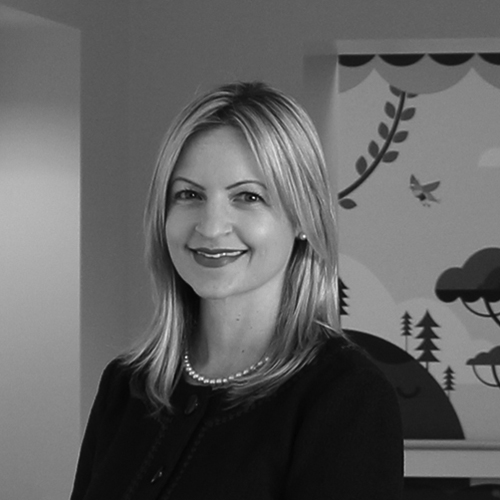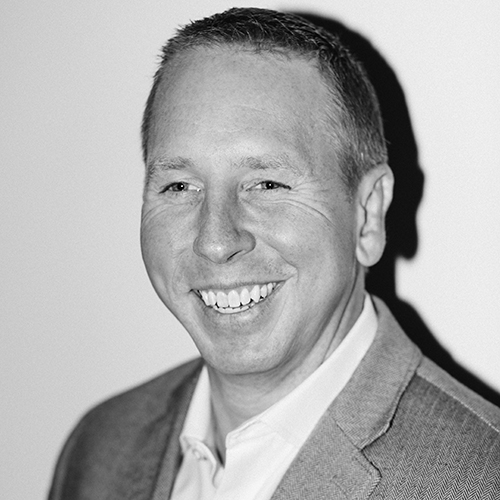When the national search began for a new CEO at the largest gas and electric municipal utility in the United States, its financial leader spoke up. “I asked if I could run the company in the interim while the board thought about who they wanted,” says Paula Gold-Williams, who assumed that a candidate with an engineering background might be preferred. Yet nine months later, she officially took the helm of CPS Energy in July 2016. “When I started my career in accounting, I never envisioned that I would end up running a billion-dollar company,” she says. “But it has been a great ride, and I am honored to do what I do today.”
CPS Energy provides service to more than 800,000 electric and 340,000 natural gas customers in the greater San Antonio area. Furthermore, it has almost $11 billion in assets and generates $2.5 billion in revenue annually. The Texas community, the seventh largest in the nation, serves as primary direct investors for the fully integrated company that ranks number one in the state for solar generation and among the top wind energy buyers. From distribution lines to call centers to its diverse energy portfolio—wind, solar, coal, gas, and nuclear—CPS Energy does it all.
Yet Gold-Williams knows none of it is possible without the company’s workforce. “People here have long, rich histories,” she says. “They’re phenomenal. They go out in the storms, in harsh, hot weather, and they’re keeping all of this infrastructure maintained for thirty, forty, fifty years. My focus is on our talent and on our growth, using the exponential value of our more than three thousand employees, and instead of fracturing all that energy apart, I look to pull it all together.”
“There’s a lot of benefit in coming into our industry now, and CPS Energy in particular is embracing all that. We want great people to come in the door who don’t have a lot of boundaries and who want to grow deeper roots and wide branches.”
Gold-Williams’s first year as president and CEO for the 157-year-old company marked a period focusing on stability and confidence for these employees during the leadership transition. Entering her second year, Gold-Williams seeks to maintain that strong focus on customer service and innovation as the energy industry moves toward intense changes in the next five to ten years. “Much like the telephone industry shifted from landlines to cellular, the Internet of Things is branching out within the energy business,” she says. “We have a wonderful opportunity to take this company into the next 157 years and build energy solutions that people really haven’t been accustomed to before.”
Although renewables seem to be the industry’s hot topic, CPS Energy already has more than one thousand megawatts of wind and over five hundred megawatts of utility-scale and distributed solar. Gold-Williams says the company is also thinking beyond the current scope to explore new types of technology, from energy storage to smart grid systems. In fact, this year CPS Energy is focused on several Smart City projects such as new environmental sensors and smart streetlights, as well as growing partnerships with the local water and transportation companies.
CPS Energy also performs on the global stage, according to Gold-Williams. The company partners with leaders in the New Energy Economy (NEE), including solar and inverter companies, that implement green initiatives in South Korea and Germany, as well as across Africa, Central America, South America, and North America. “It’s fascinating that our community attracts global technology companies to support economic development,”
Gold-Williams says. “It helps us think about growing the energy business going forward. We are regionally confined, but we’re not confined in terms of talent.”
Gold-Williams describes CPS Energy as an engineering analytics company whose engineers span electrical, mechanical, environmental, civil, industrial, and nuclear disciplines. As the company’s former chief financial officer, treasurer, chief administrative officer, and controller since 2004, Gold-Williams says she became bilingual: she translates the engineers’ technical perspective into the business model. “I measure the impact both quantitatively, because I’m an accountant, and qualitatively, because I focus on our people,” she says.
As a non-engineer, Gold-Williams maintains that the energy industry offers a great growth career for any range of talent. “The industry will train good people who are willing to learn and have a deep level of curiosity,” she says. “There’s a lot of benefit in coming into our industry now, and CPS Energy in particular is embracing all that. We want great people to come in the door who don’t have a lot of boundaries and who want to grow deeper roots and wide branches.”
Although her parents didn’t have the opportunity to attend or finish college, Gold-Williams says that her family placed a high value on education. For that reason, she went on to earn an associate of fine arts degree from San Antonio College, a bachelor’s degree in business administration from St. Mary’s University, and a master’s degree in finance and accounting from Regis University.
She describes her background as eclectic because of her immersion in so many different industries, including telecommunications and cable, banking, mining, food service, and theater operations. Gold-Williams also gained IT and HR experience while focusing on tech security and implementation of payroll and financial systems. “I learned more about human behavior, how people think, and how you can use your performance management system to encourage people to be better fulfilled,” she says.
Before joining CPS Energy, Gold-Williams was a regional controller for Time-Warner Cable and vice president of finance for Luby’s Inc. She remains a certified public accountant and a chartered global management accountant. “Accounting is a vehicle to learn how the business utilizes its money to go forward, so I’ve been able to jump into different organizations and really understand where the value is and what’s important,” she says.
At CPS Energy, Gold-Williams aims to provide alignment, clarity, focus, and execution, all while leading without pretense and focusing on both mentorship and bilateral relationships with her teams. “My priorities are engaged employees, customers whom we value highly, and supporting the community in which we live, anchored through the prism of an evolving business that’s changing right in front of us,” she says. “My background in different industries, and being flexible and exposed to a lot of different thinking from technical, creative, and strategic people has really put me in a position where I’m able to manage through this complexity but get a great deal of clarity along the way.”

